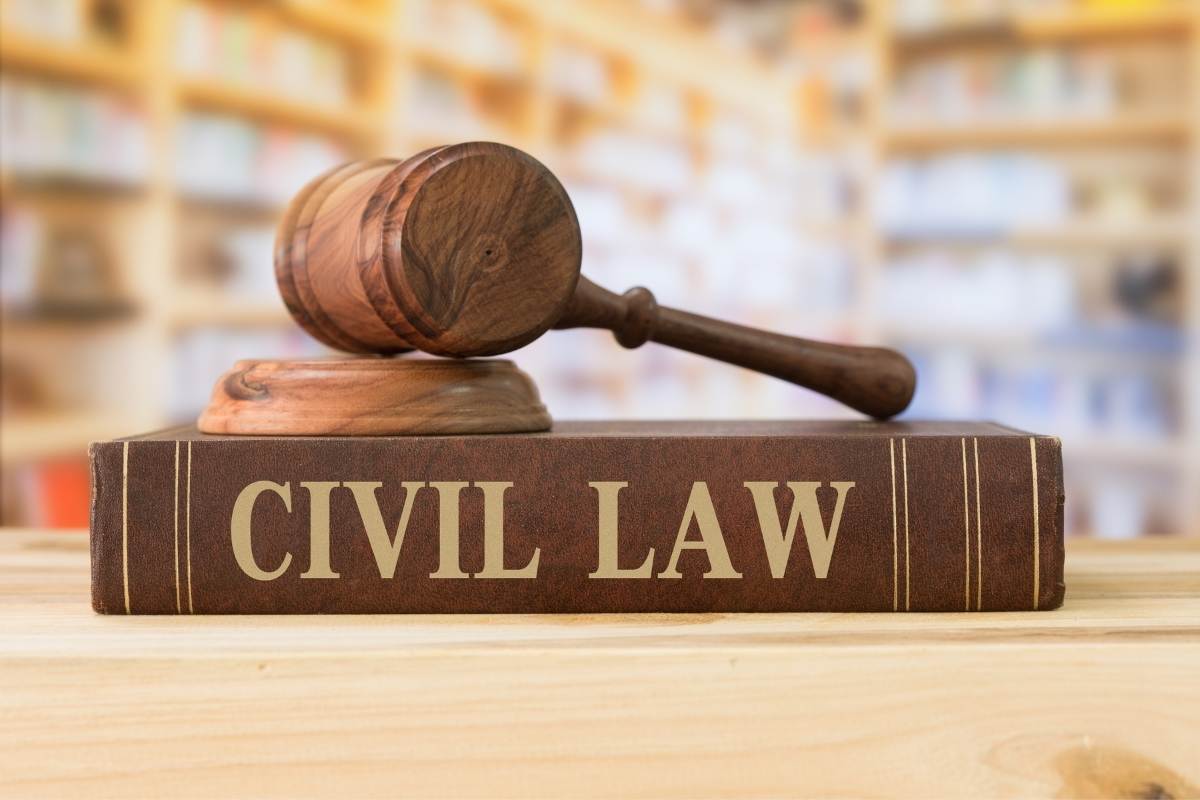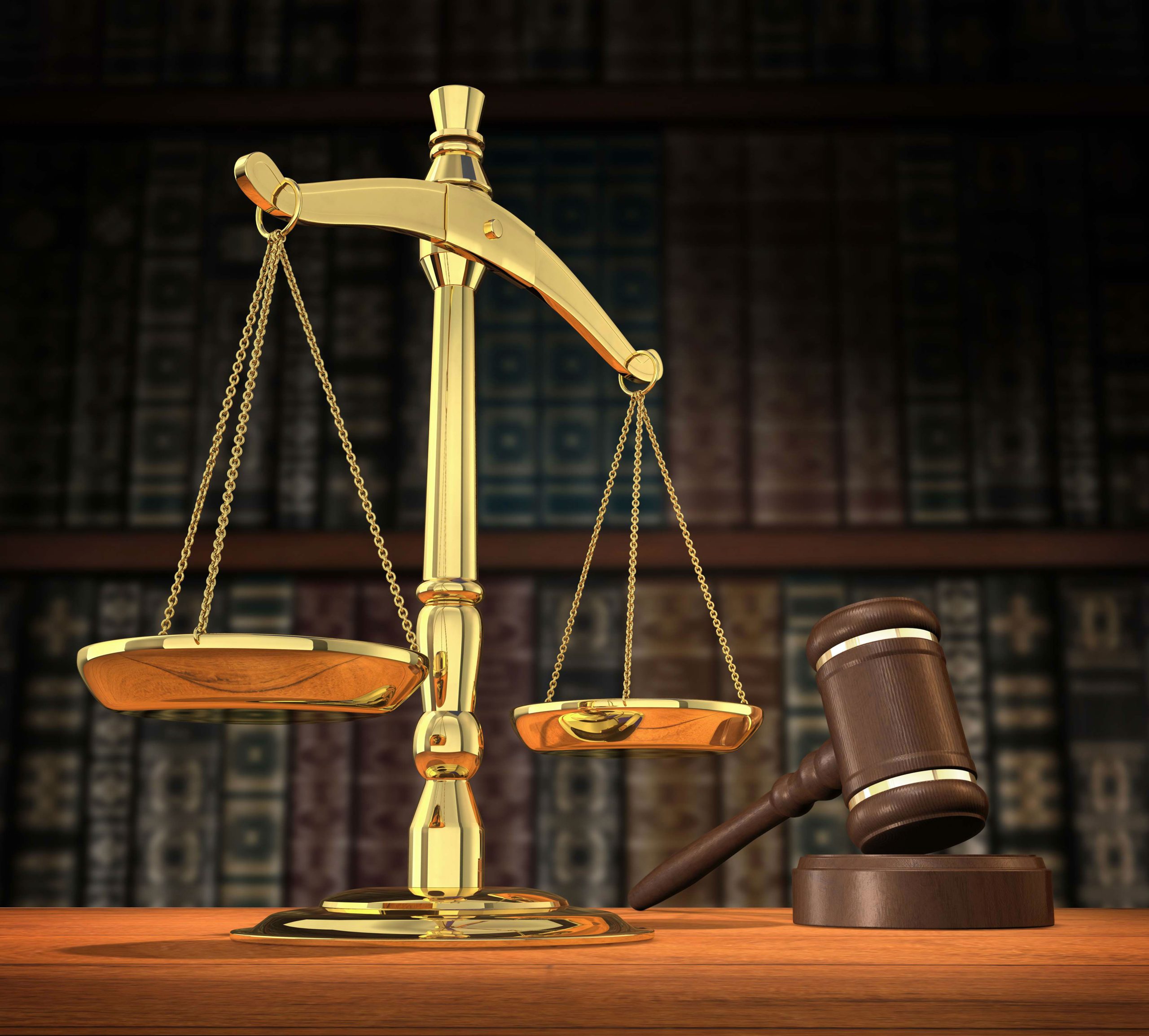Introduction
Civil Law is a comprehensive legal framework that governs private rights and obligations within the country. It encompasses a wide range of legal matters including family law, property law, contract law, and tort law, ensuring that the civil rights of individuals are protected and disputes are resolved in an orderly manner.
Historical Context:
Civil Law has its roots in the British colonial legal system, which was largely retained after independence in 1947. Over the years, the legal system has evolved to incorporate elements of Islamic law and adapt to the changing socio-economic landscape of Pakistan.


Judicial System
The judicial system in Pakistan is structured to ensure the fair application and interpretation of civil law. It includes a hierarchy of courts with the Supreme Court at the apex, followed by High Courts in each province, and District and Session Courts at the local level.
Supreme Court:
The highest court of appeal in civil matters, ensuring uniformity and consistency in legal interpretations.
High Courts:
Provincial courts that handle significant civil cases and appeals from lower courts.
District and Session Courts:
These courts deal with the majority of civil cases at the district level, providing accessible justice to the populace.
Conclusion
Pakistani Civil Law is an intricate and dynamic system that plays a crucial role in maintaining social order and justice. It balances traditional principles with modern legal standards to address the diverse needs of the country’s population. As Pakistan continues to develop, its civil legal framework is expected to evolve further, ensuring the protection of civil rights and the equitable resolution of disputes.
